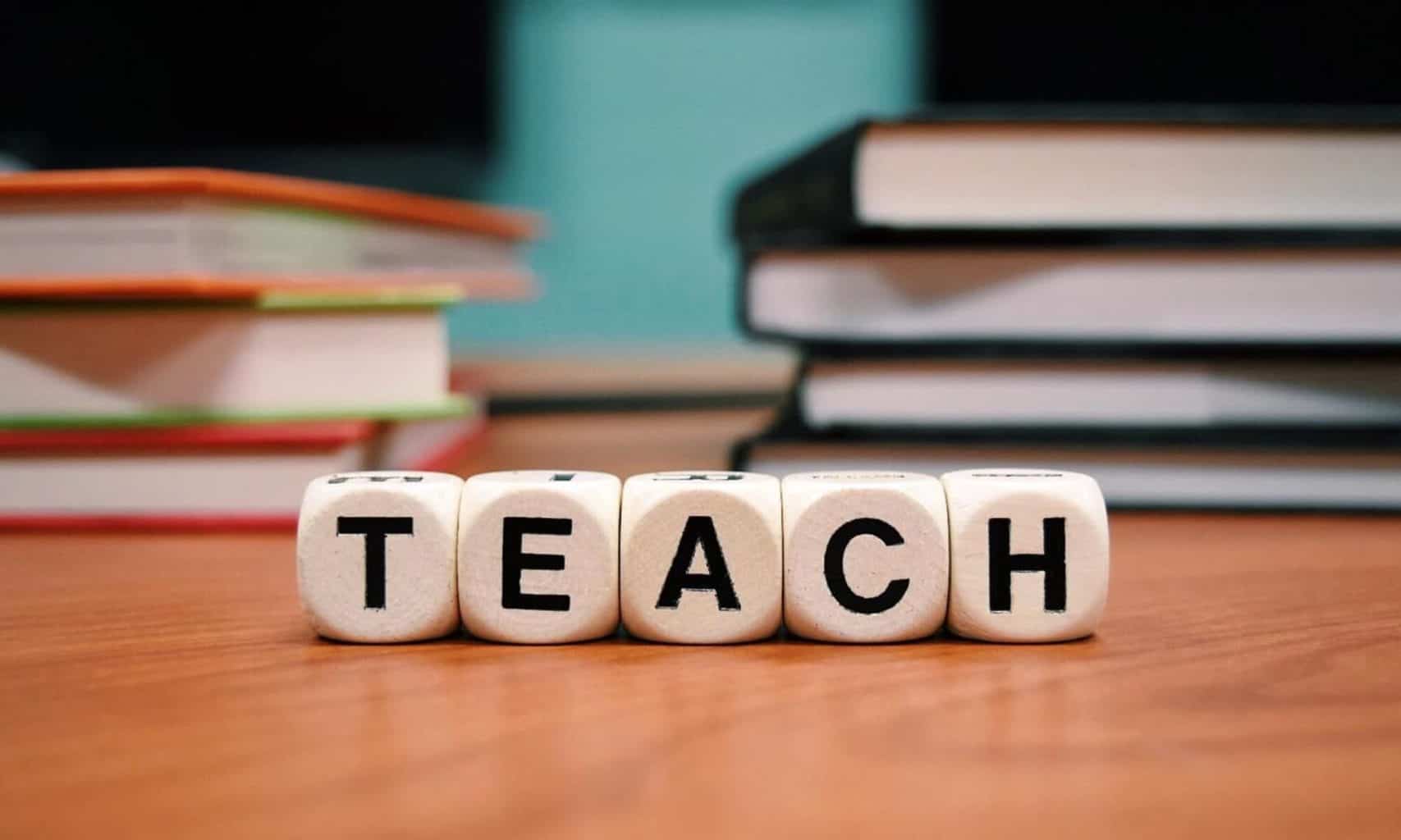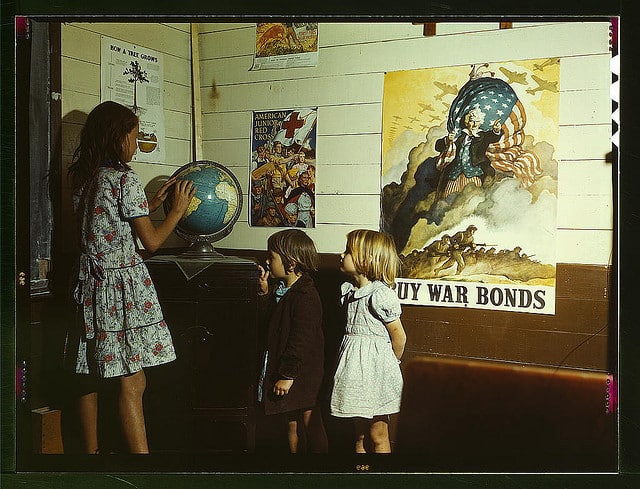The Lesson Study assignment was useful in the development of a potential lesson plan. My lesson study was about the reasons the American colonies were able to defeat the British Army in the American Revolution. I was going to do this by having a series of “tug-of-war” games with different caveats thrown in to represent different factors in the American Revolution. Through this the students will be able to gain knowledge of how the American Revolution in a more concrete way.
I had some concerns about the idea and wanted to come up with ways to modify it to make it better. There were some concerns about the separating of the kids between “bigger kids” and “smaller kids”. And it’s true, no matter how you try to split up the teams, you have to have a team that will win easily for the simulation to work. I have thought about other ways to simulate this possibly by having the kids create some kind of replication but I haven’t thought of a good replacement yet. Another concern was about the participation of the White team (France). While it would be very easy to have me and my CT participate in the instruction and take over the role as the French, I do think it’s important to note the French’s role in the simulation and the fact that they were closely following the war. I’m just not sure how to fully incorporate that yet.
Overall, I thought it was a good experience. I got some good advice for my own lesson and got good ideas from my partners. It seems we all have the goal to make learning more interactive, engaging, more fun, and more meaningful.



